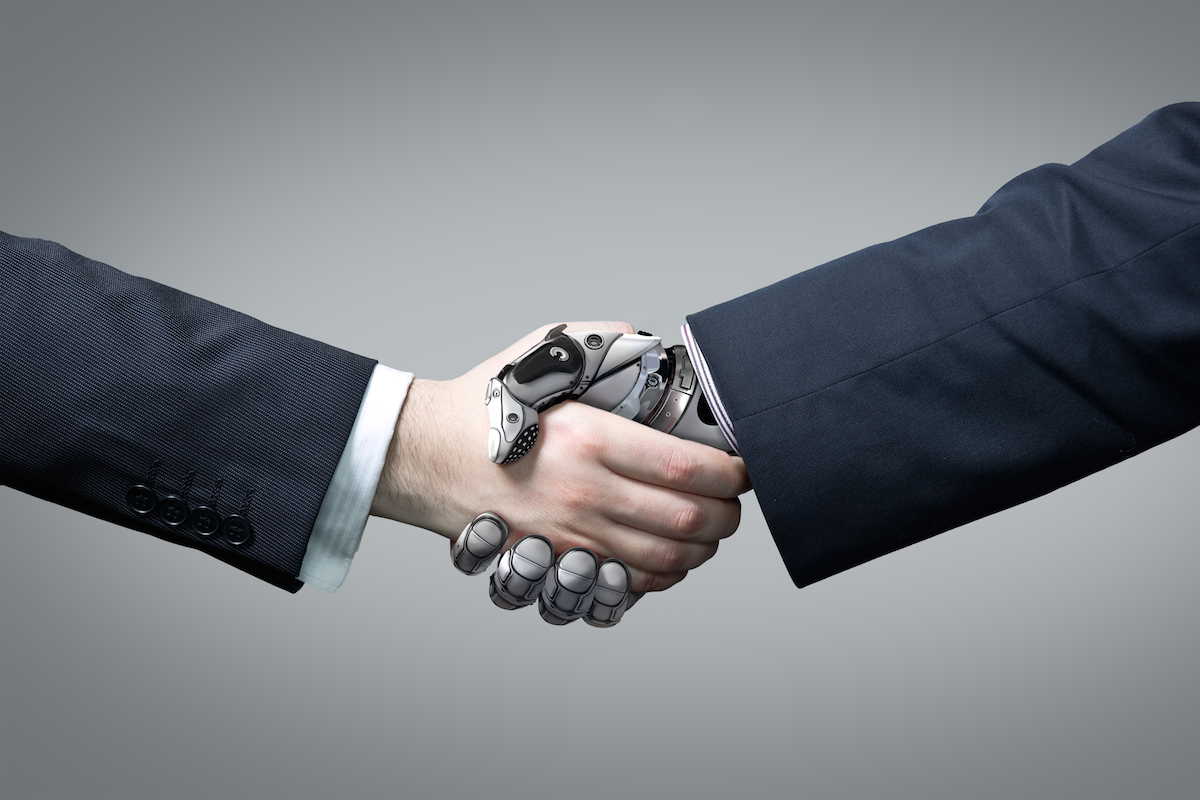Gartner: CIOs must balance human and AI skills
Machines will make many roles redundant, warns analyst firm


CIOs will play a key role in preparing their businesses for the influx of AI, balancing human workers with machine power, rather than allowing AI operations to replace people's jobs, according to Gartner.
It is the CIO's responsibility to be the gatekeeper, ensuring the right jobs are being performed by the right power - whether that be AI or humans, the analyst firm said yesterday.
"The CIO should commission the enterprise architecture team to identify which IT roles will become utilities and create a timeline for when these changes become possible," Stephen Prentice, vice president anf fellow at Gartner, said.
He advised that CIOs should work with HR to ensure that the organisation has a plan to stop AI causing disruptions. One way round this is to offer training and upskilling to staff, helping them move into more creative, rather than analytical, positions that are less likely be replaced by computers in future.
"Ultimately, AI and humans will differentiate themselves from each other," Prentice added. "AI is most successful in addressing problems that are reasonably well-defined and narrow in scope, whereas humans excel at defining problems that need to be solved and at solving complex problems.
"They bring a wide range of knowledge and skill to bear and can work through problems in various ways. They can collaborate with one another, and when situations change significantly, humans can adjust."
He explained that positions such as system administration, help desk, project management and application support are most at risk of being taken over by machines, although Gartner also predicts AI will have its benefits, removing the skills shortages many businesses have failed to fill with humans.
Sign up today and you will receive a free copy of our Future Focus 2025 report - the leading guidance on AI, cybersecurity and other IT challenges as per 700+ senior executives
"The economics of AI and machine learning will lead to many tasks performed by professionals today becoming low-cost utilities," Prentice added. "AI's effects on different industries will force the organisation to adjust its business strategy. Many competitive, high-margin industries will become more like utilities as AI turns complex work into a metred service that the enterprise pays for, like electricity."
Gartner's comments come after the Science and Technology Committee urged the UK government to re-skill its workers to ensure they are not left behind in the age of AI.
Google DeepMind told the committee: "[One of the] most important steps we must take is [ensuring] that current and future workforces are sufficiently skilled and well-versed in digital skills and technologies, particularly STEM subjects."

Clare is the founder of Blue Cactus Digital, a digital marketing company that helps ethical and sustainability-focused businesses grow their customer base.
Prior to becoming a marketer, Clare was a journalist, working at a range of mobile device-focused outlets including Know Your Mobile before moving into freelance life.
As a freelance writer, she drew on her expertise in mobility to write features and guides for ITPro, as well as regularly writing news stories on a wide range of topics.
-
 What is Microsoft Maia?
What is Microsoft Maia?Explainer Microsoft's in-house chip is planned to a core aspect of Microsoft Copilot and future Azure AI offerings
-
 If Satya Nadella wants us to take AI seriously, let’s forget about mass adoption and start with a return on investment for those already using it
If Satya Nadella wants us to take AI seriously, let’s forget about mass adoption and start with a return on investment for those already using itOpinion If Satya Nadella wants us to take AI seriously, let's start with ROI for businesses